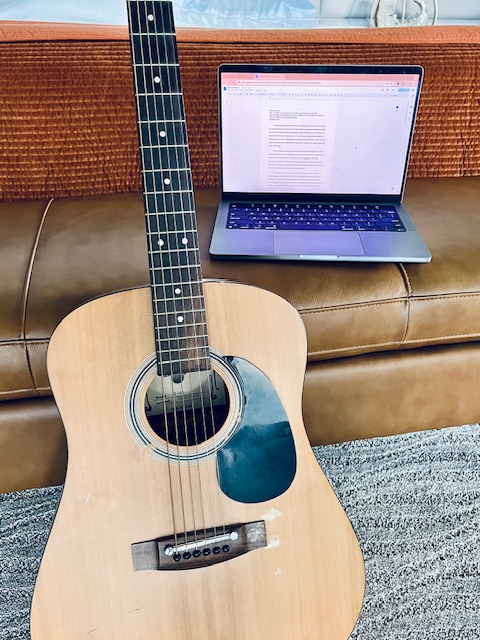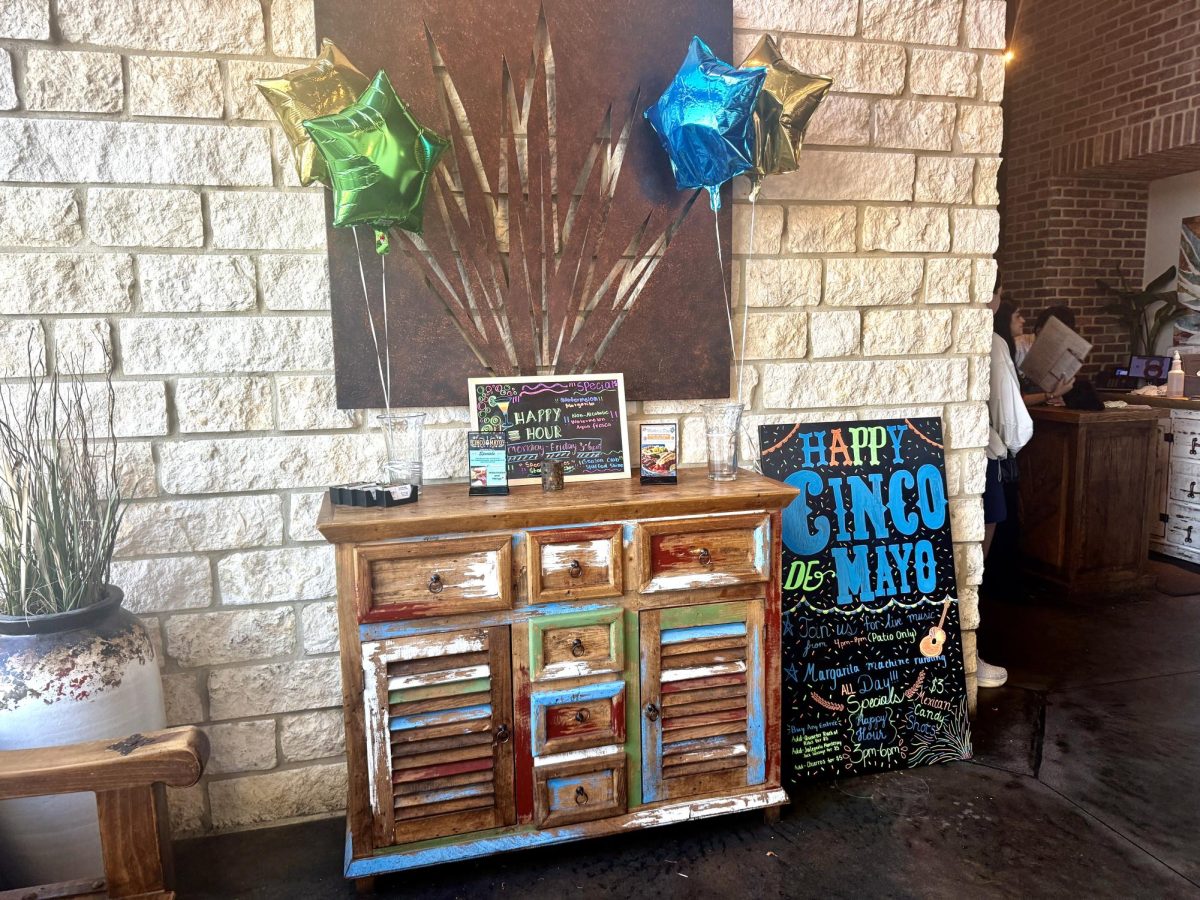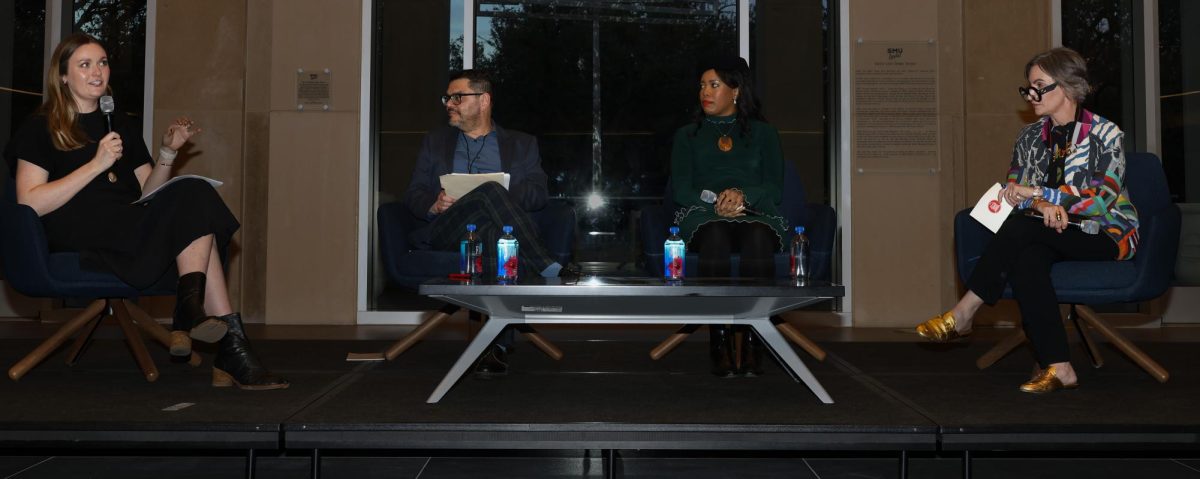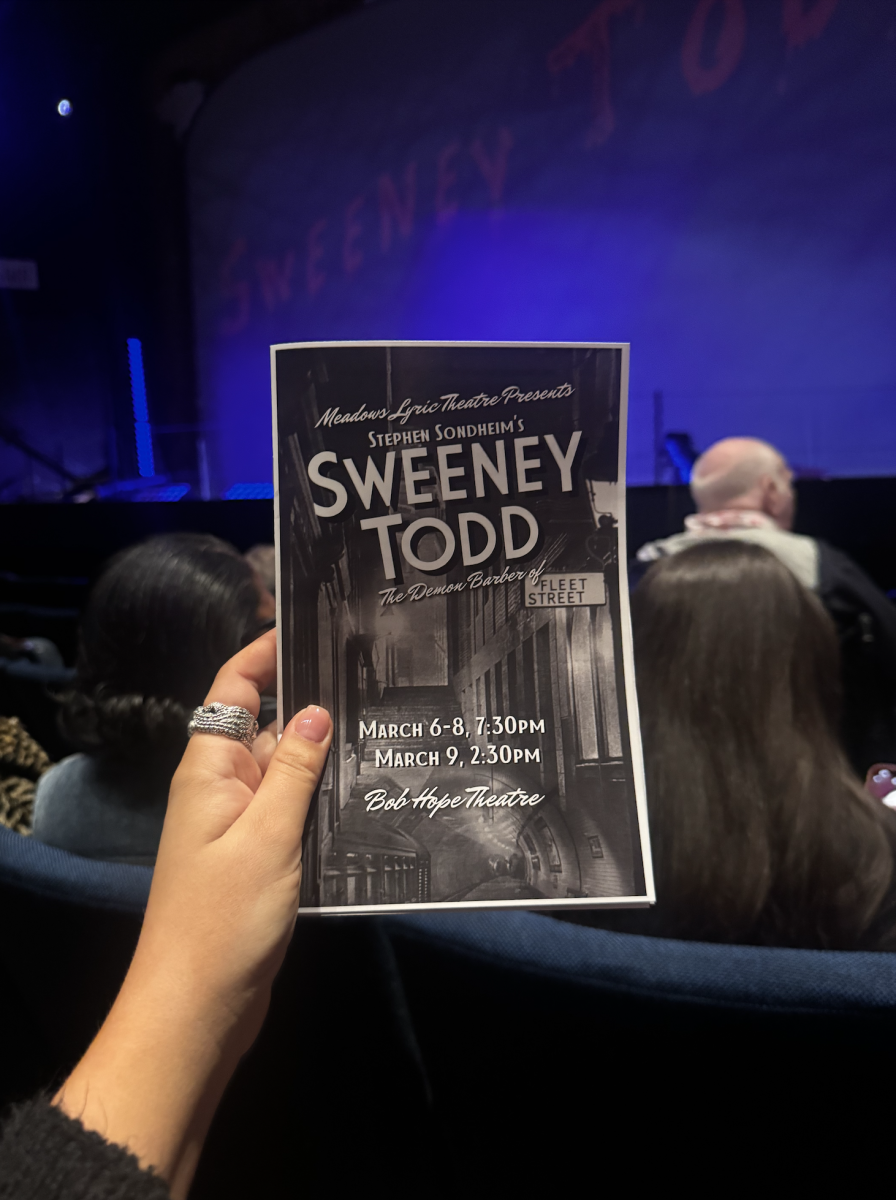Nobody tells you about the pain. The burn concentrated on the very tips of your fingers as your skin presses the chord to the wood. The sizzling of my fingertips momentarily distracts me from the awkwardness I feel trying to situate the guitar underneath my arm. Honestly, I am not sure which direction it is supposed to go. As soon as I get as comfortable as possible, my shoulder relaxes, and I take a deep breath out. It’s just me, a borrowed guitar I couldn’t name the brand of and Andy Crowly, better known as Andy Guitar, YouTube’s “best” guitar teacher. (He is free, which helps.)
Musical instruments were never my thing. Sure, I could handle a lacrosse stick. I knew the rhythm of the ball in the net, the sounds of my cleats on turf, and the art of not pissing off the coach. Now I’m in college, sports are a thing of my past, and I needed my New Year’s resolutions to graduate from childlike dreams to more adult aspirations. Naturally, “Become a Guitar Player” is No. 3 on my list. However, my quest to learn the musical instrument struck a chord much greater than the beautiful sound of a perfect stroke.

“Not everybody’s goal is to learn a song, join a band and play at a bar,” says Nick Coffman, a graduate student at Drexel University. Coffman describes himself as a “noodler.” Noodling is a term used in the guitar community to describe someone who freestyles on the guitar. He suggests that someone can be a “noodler,” and someone else can prefer structure, yet “both serve a purpose.” This is because the world of music is much broader than we think, Coffman says. The discussion of this idea led to the understanding that the duality of approaching a guitar reflects the duality of approaching life. In other words, there is no mold for being a guitar player, just like there is not one right way or right decision in life sometimes. It is the diversity of approaches to the guitar that mirrors the diversity of approaches to life. But this is just the beginning of a broader understanding of the instrument.
Ricardo Paz, a longtime guitar teacher with a doctorate in guitar performance, believes the instrument is “universal” and “multifaceted.”
“You can represent any culture with the guitar,” Paz says. It doesn’t matter where you come from, you are still connected to your roots and culture.”
The guitar’s broad genre capability and universal plucking technique give it an unmistakable identity worldwide. Paz discussed the guitar’s international equivalents, such as the Indian sitar, the Chinese pipa, and the Brazilian cavaquinho. The guitar’s global representation shapes the broader musical world that Coffman also discussed.
The guitar simply does not fit into a singular box, Coffman says.
“You can spread across hip-hop, jazz, blues, rock and roll, pop and more,” Coffman explains. “It is a part of every genre.”
Coffman says you can think about it like this: Drummers really like rock, and if you play piano piano, you might be in a classically like-minded group, but the guitar broadens the social context because it brings different people together. Paz agreed, “The guitar stands out because it encompasses identities. It is so diverse and has the capability of connecting people.”
Not only does the guitar represent and shape the world around us culturally and musically, but it also personally tethers players to a deeper meaning of life. The instrument becomes far more than a tool to satisfy us musically and transforms into a means of igniting a path of self-discovery. In an essay by Ervin Somogyi, an influential guitar teacher and maker of high-end steel-string guitars, says the instrument, “involves much more of us than just our ears, fingers, and musical tastes.” Somogyi asserts the guitar is “the bedrock Rolodex of what we personally know and identify with as members of any group that has any connection with the guitar.”
I lean down to take the pick between my two fingers, turn the volume all the way up on my phone, and roll my shoulder back, attempting one last time to feel any kind of comfort holding the guitar. Nerves and excitement are competing forces in my stomach. The pick moves to the first string, then the second, onto the third, fourth, fifth, sixth. Sound, nostalgia, sting, harmony, bliss, concentration, all-encompassing that one fleeting moment until the very last sound wave’s vibration fades away in the air.






















